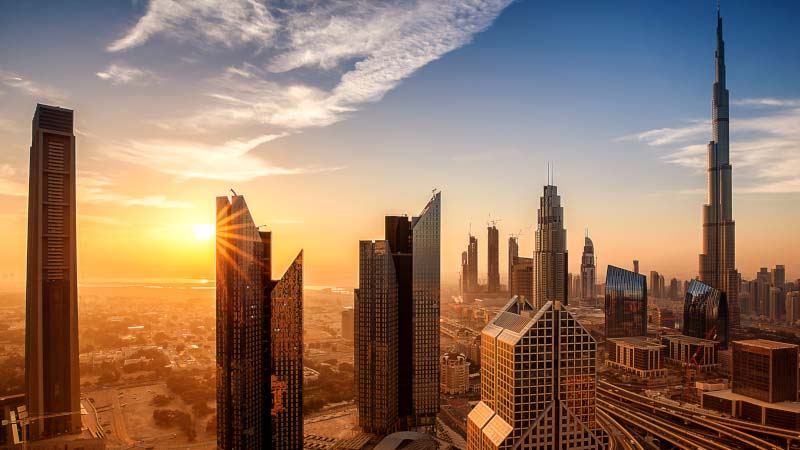
As Dubai continues to cement its status as a premier business hub, the demand for high-quality Grade A office space is significantly outpacing supply, driven by a slew of business-friendly reforms and a strong influx of foreign investors. According to a recent report by Savills for the first quarter of 2024, rental growth for these prime office spaces has seen an average year-over-year increase of 14%, with some areas experiencing spikes between 20% and 30%.
The burgeoning demand is largely fueled by the emirate’s strategic initiatives, including policies supporting full foreign ownership and revamped residency visa regulations. These measures have made Dubai an even more attractive destination for global businesses looking to establish or expand their presence in the Middle East.
Paula Walshe, Director of Transactional Services at Savills Middle East, noted that the surge is primarily due to new companies setting up in Dubai. These companies often prefer flexible office arrangements like serviced or co-working spaces, which are ideal during the initial stages of business development. Additionally, there’s a growing trend among established businesses moving towards these flexible options to adopt more modern work models and reduce upfront capital expenditures.
Savills’ report highlights that this shift towards flexible workspaces is exacerbating the already critical supply-demand imbalance in the office real estate market. The scarcity is most pronounced in high-demand areas such as the Dubai International Financial Centre (DIFC), where new entries and expansions have led to a vacancy rate of just 3.0%. Consequently, quarterly rental rates in these premium locales have surged by an average of 6.0%.
The expansion is not just limited to financial hubs. Free Zones like Dubai Internet and Media City, Expo City, and Dubai World Trade Centre (DWTC) are also witnessing significant activities, further straining the available office space inventory.
Moreover, sectors such as legal services, wealth management, and technology, media, and telecommunications have been particularly active, with firms from Singapore, China, and the UK dominating the leasing activities. Notable companies like Hawksford, Bfinance, and Capital.com have established or expanded their operations in Dubai in the first quarter alone.
Despite recent developments like the completion of Uptown Tower and 6 Falak in Dubai Internet City, the market’s response indicates that the shortage of premium office spaces remains a pressing challenge. This scarcity continues to drive rental values upward, with some markets within Jumeirah Lake Towers, Business Bay, Dubai Marina, One Central, and DIFC experiencing even higher growth rates.
As Dubai continues to grow as a global business epicenter, the pressure on its office space market underscores the need for continued development and strategic planning to accommodate this burgeoning demand.




